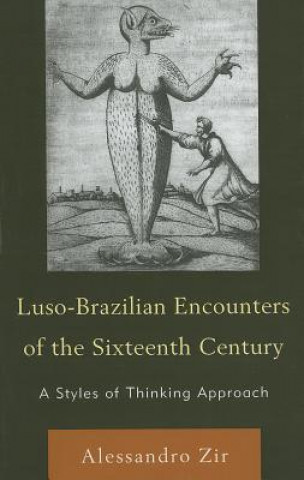
Kód: 05091391
Luso-Brazilian Encounters of the Sixteenth Century
Autor Alessandro Zir
As it happens with other early-Modern corpora, the descriptive texts from 16th-century encounters of the Portuguese colonizers in Brazil are well-known for their strangeness. In them we find references to entities like monsters an ... celý popis
- Jazyk:
 Angličtina
Angličtina - Väzba: Pevná
- Počet strán: 128
Nakladateľ: Fairleigh Dickinson University Press, 2011
- Viac informácií o knihe

40.01 €
Bežne: 100.02 €
Ušetríte 60.01 €
Mohlo by sa vám tiež páčiť
Darujte túto knihu ešte dnes
- Objednajte knihu a vyberte Zaslať ako darček.
- Obratom obdržíte darovací poukaz na knihu, ktorý môžete ihneď odovzdať obdarovanému.
- Knihu zašleme na adresu obdarovaného, o nič sa nestaráte.
Informovať o naskladnení knihy
Zadajte do formulára e-mailovú adresu a akonáhle knihu naskladníme, zašleme vám o tom správu. Postrážime všetko za vás.
Viac informácií o knihe Luso-Brazilian Encounters of the Sixteenth Century
Nákupom získate 101 bodov
 Anotácia knihy
Anotácia knihy
As it happens with other early-Modern corpora, the descriptive texts from 16th-century encounters of the Portuguese colonizers in Brazil are well-known for their strangeness. In them we find references to entities like monsters and demons, bizarre descriptions, and odd classification systems of plants and animals. For the most part, these elements are dismissed as mere eccentricities by modern scholars studying these texts. Instead, this book takes these elements seriously. They are focused on and tackled with a theoretical tool_styles of thinking_not yet used in Luso-Brazilian studies, and coming from another field of inquiry: philosophy and history of science. By doing so the book aims to unveil epistemological and ontological issues in which colonial and post-colonial studies are entangled, and which have a relevance that goes beyond debates concerning, for instance, the formation of Brazil's cultural identity. This book contributes to Luso-Brazilian studies, science studies, and the history of the early-modern period. The notion of 'styles of thinking' as presented and used in it benefitted from the many discussions about philosophy and history of science that emerged since the 1980s, with authors such as Ian Hacking, Lorraine Daston, and Peter Galison, who have already done much reassessing critically what is best in the work of previous authors such as Paul Feyerabend, Thomas Kuhn, and Michel Foucault. This book considers that the well-known puzzling passages of the corpus of the Portuguese have a fictional and figurative character that acquires full intelligibility in view of literary and mystical traditions typical of the late Renaissance, and influential over the Portuguese. Nature is understood as emerging from an excessive source which permanently overflows it and which is impossible to refer and depict literally. The book points to the fact that such an idea would connect the Portuguese with other peculiar pre-Modern and post-Modern authors with similar ontological insights: from the neo-Platonists to Boccaccio, Nietzsche, and more recently, Derrida.
 Parametre knihy
Parametre knihy
Zaradenie knihy Knihy po anglicky Humanities History History: specific events & topics
40.01 €
- Celý názov: Luso-Brazilian Encounters of the Sixteenth Century
- Autor: Alessandro Zir
- Jazyk:
 Angličtina
Angličtina - Väzba: Pevná
- Počet strán: 128
- EAN: 9781611470208
- ISBN: 161147020X
- ID: 05091391
- Nakladateľ: Fairleigh Dickinson University Press
- Hmotnosť: 388 g
- Rozmery: 158 × 236 × 16 mm
- Dátum vydania: 24. August 2011
Obľúbené z iného súdka
-

Man's Search for Meaning
7.03 € -6 % -
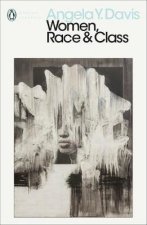
Women, Race & Class
10.25 € -19 % -

Pianist
12.56 € -12 % -

Out Of Place
12.06 € -22 % -
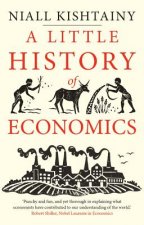
Little History of Economics
14.87 € -7 % -
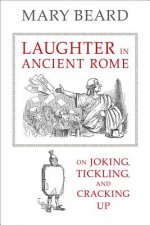
Laughter in Ancient Rome
19.90 € -11 % -
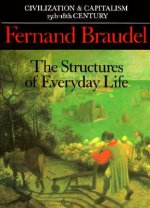
Civilization and Capitalism, 15th-18th Century
67.26 € -

Armies of Medieval Burgundy 1364-1477
15.68 € -14 % -

Night
9.95 € -22 % -
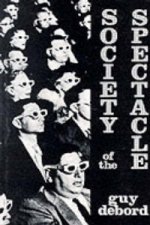
Society of the Spectacle
11.55 € -

Imperialism: The Highest Stage of Capitalism
7.73 € -23 % -

Man's Search For Meaning
16.28 € -23 % -
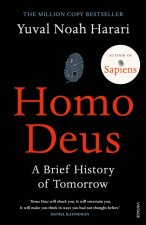
Homo Deus
12.06 € -23 % -

Ordinary Men
11.45 € -19 % -

Black Earth
13.36 € -19 % -

The Complete MAUS
18.69 € -13 % -

The Rape of Nanking
16.78 € -20 % -
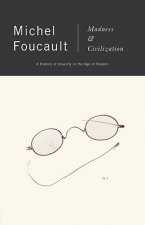
Madness and Civilization
19.50 € -8 % -

Conquerors
12.06 € -15 % -

Stoned
10.95 € -23 % -

Twelve Years a Slave
3.61 € -22 % -

At Home
12.06 € -22 % -
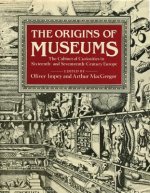
Origins of Museums
59.22 € -14 % -

Measure of a Man
14.47 € -

Delirious New York
30.16 € -15 % -

Eichmann in Jerusalem
11.45 € -19 % -

Mein Kampf - The Ford Translation
41.92 € -

Bloodlands
13.36 € -19 % -

Guns, Germs and Steel
13.36 € -19 % -

Cold War Submarines
38.40 € -15 % -
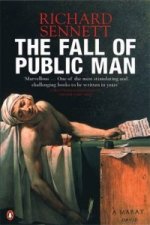
Fall of Public Man
16.28 € -23 % -

Che Guevara
24.43 € -13 % -

Dancing In The Streets
12.06 € -22 % -

Fix the Pumps
15.17 € -15 % -
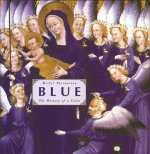
Blue
38.30 € -5 % -

Revolutionary Yiddishland
13.26 € -15 % -

Commandant Of Auschwitz
12.06 € -22 % -

Jewish State
12.06 € -
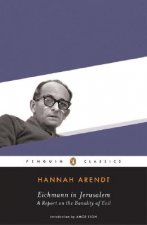
Eichmann in Jerusalem
16.08 € -14 % -
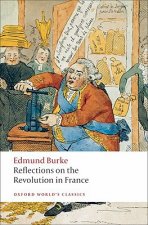
Reflections on the Revolution in France
9.95 € -22 % -
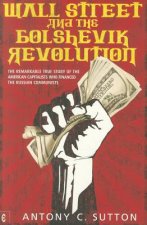
Wall Street and the Bolshevik Revolution
14.17 € -23 % -

Corgi Toys
17.89 € -

Night
10.95 € -23 % -
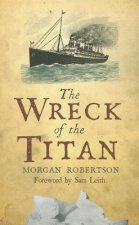
Wreck of the Titan
13.56 € -15 % -

McMafia
12.06 € -22 % -
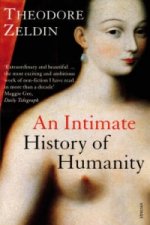
Intimate History of Humanity
14.17 € -23 % -
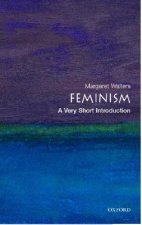
Feminism: A Very Short Introduction
9.95 € -22 % -
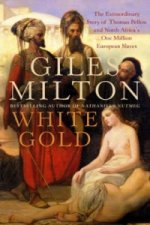
White Gold
14.17 € -23 % -
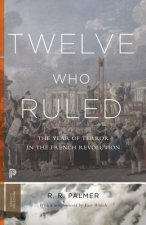
Twelve Who Ruled
25.23 € -8 %
Osobný odber Bratislava a 2642 dalších
Copyright ©2008-24 najlacnejsie-knihy.sk Všetky práva vyhradenéSúkromieCookies







 21 miliónov titulov
21 miliónov titulov Vrátenie do mesiaca
Vrátenie do mesiaca 02/210 210 99 (8-15.30h)
02/210 210 99 (8-15.30h)